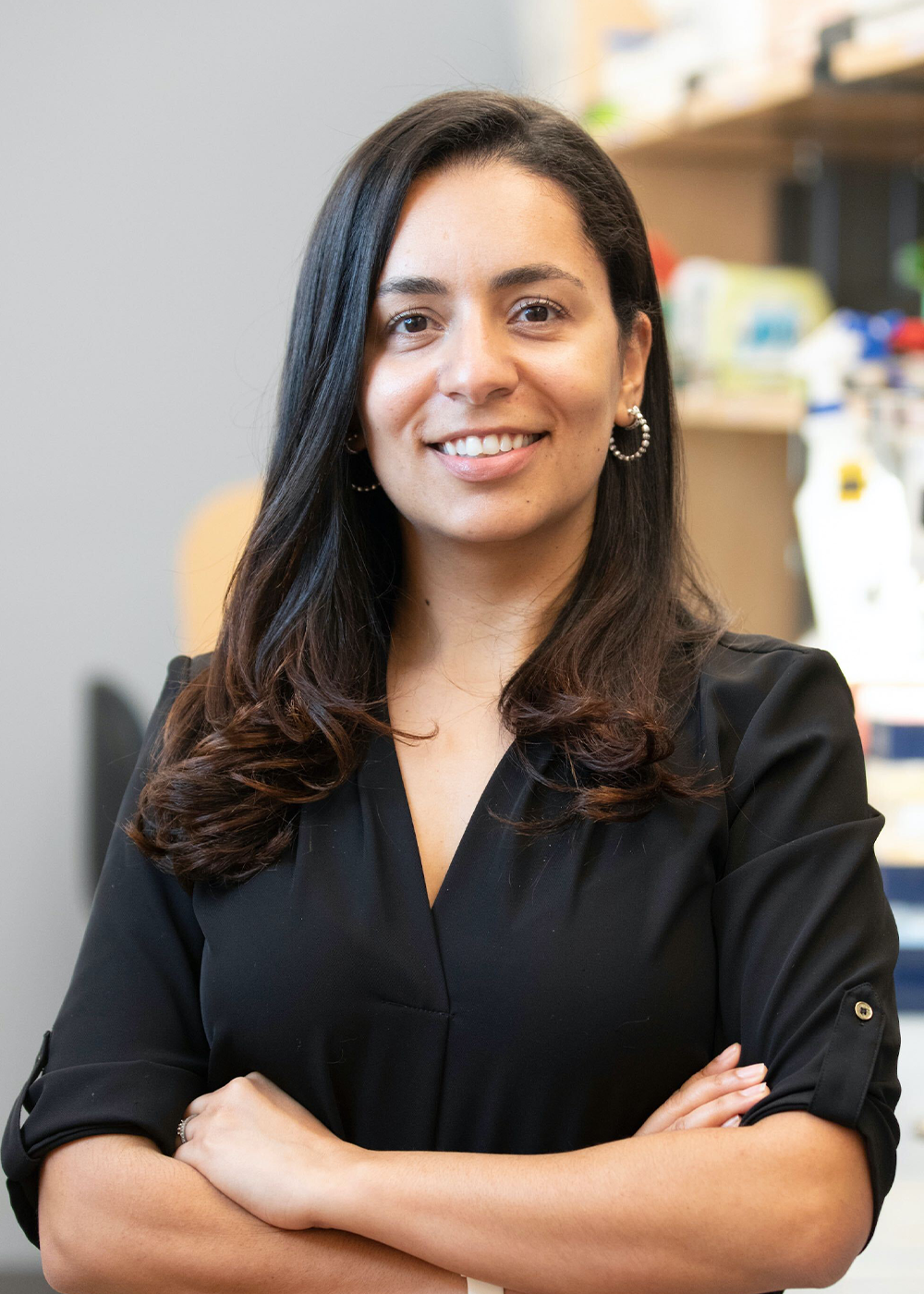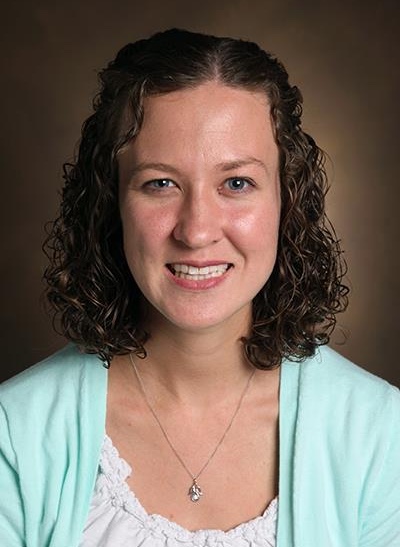The Vanderbilt Microbiome Innovation Center (VMIC) brings together an unprecedented group of multidisciplinary expertise from six schools in the university to: (i) create an infrastructure that unifies the microbiome community around complex challenges, (ii) catalyze campus-wide research, training, and teaching activities, and (iii) deploy state-of-the-science technologies and methods that will fundamentally advance microbiome science, therapy, education, and policy.
From bacteria to archaea, viruses, and single-celled eukaryotes, communities of microbes have major impacts on our health, our homes, our genomes, the oceans, atmosphere, and biodiversity. The Vanderbilt Microbiome Innovation Center produces research, education, and outreach that accelerate basic, translational, and clinical sciences, spur new aspects of law and philosophy, and expose a microbial world astonishing in its universality and diversity.
With approximately 300 members spanning students to faculty, the VMIC encompasses a vibrant community with support and interactions from the Vanderbilt Institute for Infection, Immunology, and Inflammation (VI4), the Transinstitutional Programs, the College of Arts and Science, and other centers and institutes to foster and grow a standard-bearer community for the microbiome sciences.
Subscribe to the VI4 newsletter here to stay updated with the VMIC!




